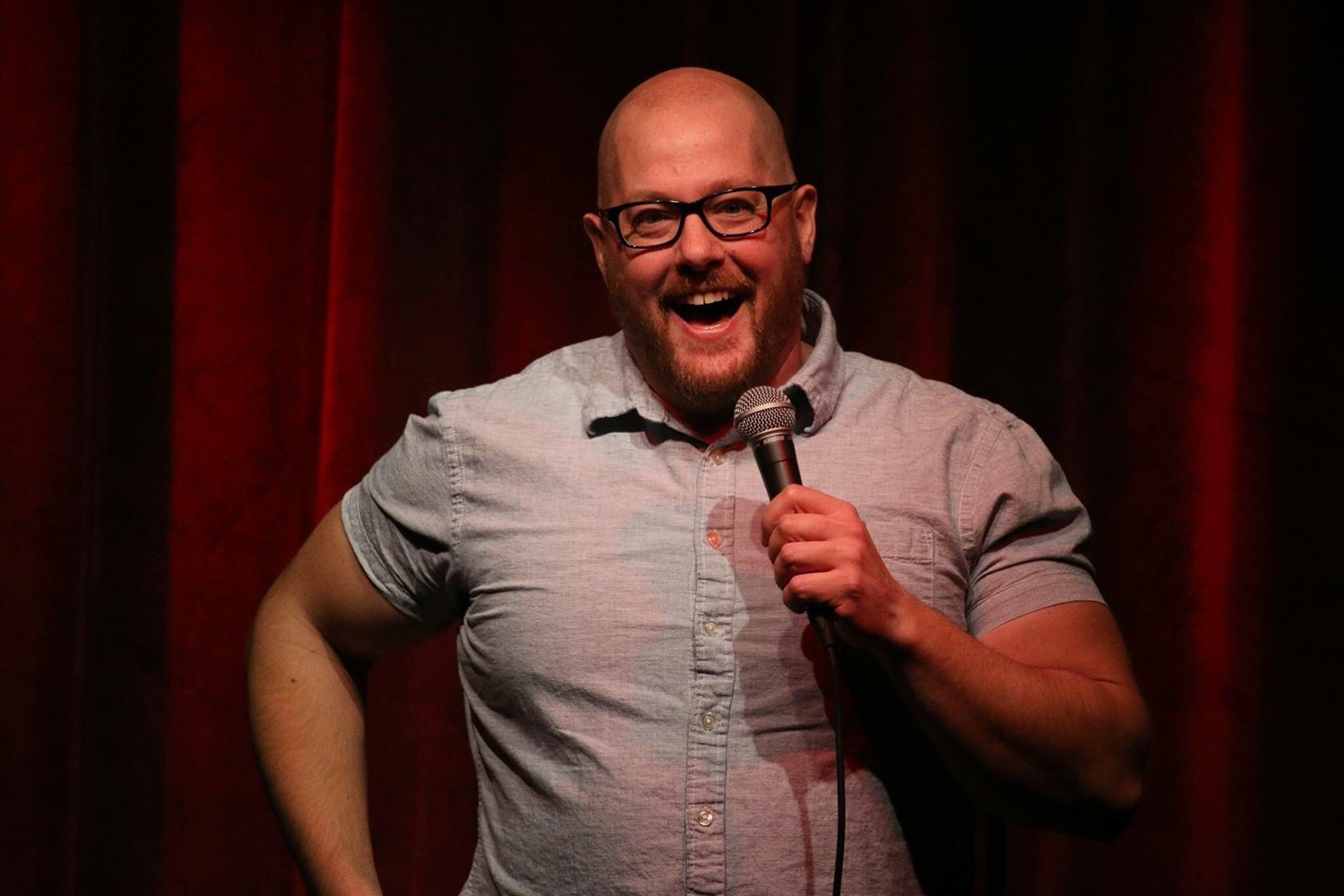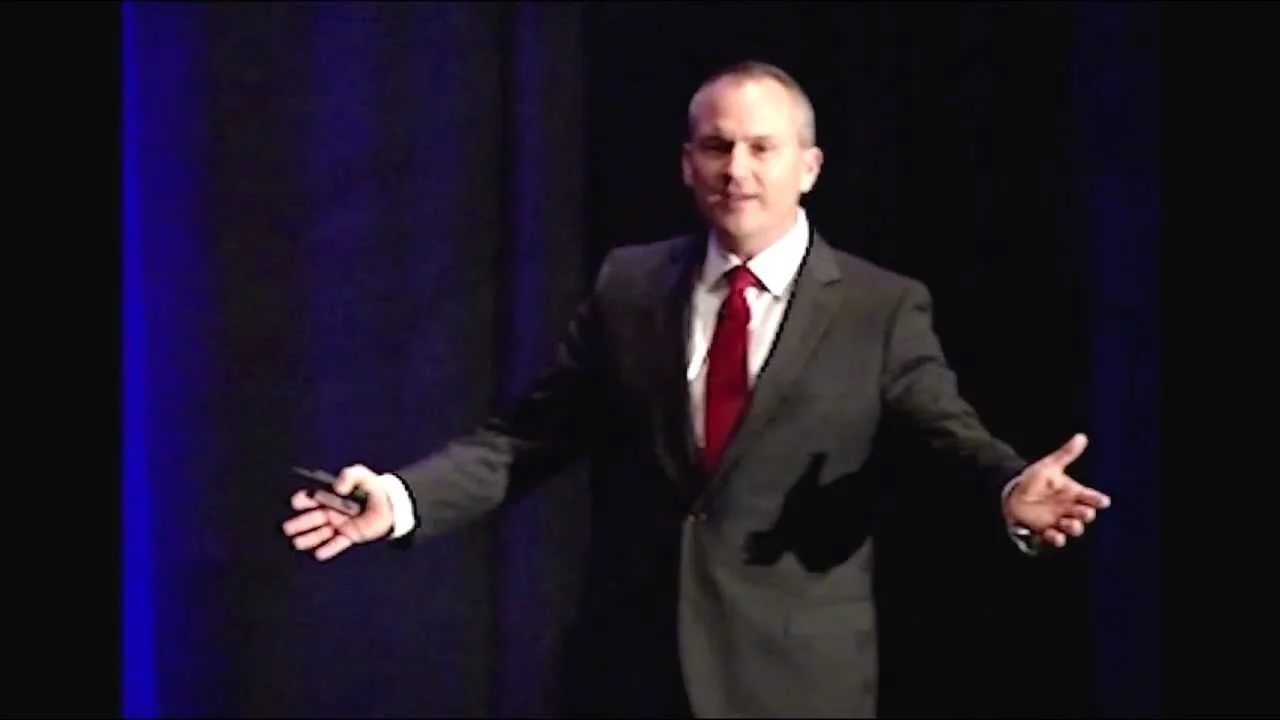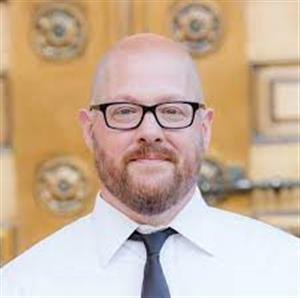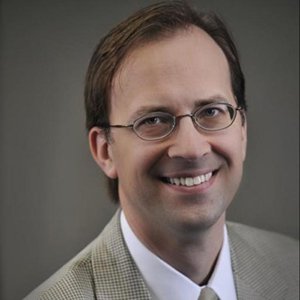Chris Vanover is a founder of AuditClub, a group of former audit partners with a unique and valuable mix of Big 4, regional, and local firm experience. AuditClub provides flexible access to a seasoned team of Chief Auditors and specialists who bring more than 100 years of combined professional experience to their CPA Firm members, helping each of them succeed through better focus, better quality, and better results. They have a unique set of elements in their subscription pricing model.
About Chris Vanover
Chris is a Certified Public Accountant with over two decades of unique public accounting experiences, including distinctive auditing, regulatory, and educational roles with international and regional firms, the Public Company Accounting Oversight Board (“PCAOB”), and multiple universities. Chris currently serves on the leadership team and as a Chief Auditor for AuditClub, the Audit Service Center for CPA Firms (www.auditclub.cpa). With a mission to make public accounting better, AuditClub provides fractional chief auditors and audit specialists for on-demand AICPA & PCAOB support to Top 10, regional, and local CPA firms throughout the United States. By offering instant talent, deep expertise, and the power of collaborative consumption, AuditClub’s innovative membership model and passes are transforming how CPA firms deliver audits and simply how they get stuff done.
Use these show notes to follow along with the audio:
Segment one:
So what exactly is the AuditClub of which our guest, Chris Vanover, is a co-founder? It’s an audit service center for CPA firms.
Initially, the go to market strategy for AuditClub.cpa was to establish relationships with auditing partners at different firms. Eventually, those partners started to ask, “What type of work do you do?” and AuditClub became a fractional audit service.
They started out with a subscription model in the early days but the market wasn’t quite ready yet. Chris acquiesced and, unfortunately, started selling buckets of hours. That didn’t last long :)
Points of inspiration for Chris and his business model were the experiences with his family. Places like Disneyland and how they handle large groups helped shape his thoughts.
The AuditClub.cpa model is so attractive that Chris and his team are NOT having a hard time finding more team members. This seems to be the exact opposite of every other CPA firm today.
Segment two:
What was attractive about the subscription model to Chris? It frees his team up to focus on solutions instead of tracking hours and trying to fill out time sheets.
“You can have access to our team and as long as we have the knowledge and competency, we will do it for you guys. It is all part of the contract.” —Chris Vanover, co-founder AuditClub.cpa
Look for a big announcement from Audit Club next week regarding their WEEKLY SUBSCRIPTION PASSES for audit services. You heard it here first on The Soul of Enterprise.
What kind of KPIs do they use at AuditClub.cpa? Many of them are focused on staff betterment. What is the team doing to better themselves is one of the biggest questions they ask internally.
“CPA firm clients don’t understand the role they have in creating a successful outcome. Too often the CPA firm ends up being the victim of that.” —Chris Vanover, co-founder AuditClub.cpa
Segment three:
Chris Vanover of Audit Club has a GREAT article up on @cpapracadvisor called “The Parallel Problems of Public Accounting & Major League Baseball”. We are 25 days away from players reporting so here’s the link! https://www.cpapracticeadvisor.com/2023/01/18/the-parallel-problems-of-public-accounting-major-league-baseball/75940/
The baseball/accounting comparisons continue for Chris Vanover on the show today, “There’s so much data in baseball and there’s so much data in accounting but you don’t see the same level of analysis in accounting and that’s an important distinction.”
Segment four:
The incentive structure at a lot of the Big 4 firms stifles innovation. There is lots of innovation at lower levels but if you follow the incentives you will see why innovation seems to be stifled at the top.
Younger business generations understand subscription and they understand that businesses can be run in fundamentally different ways.
We talked baseball today on the live show and Ed was REALLY EXCITED about the fact that Sage is now an official partner of Major League Baseball! More info here https://www.mlb.com/press-release/press-release-sage-becomes-official-partner-of-mlb-in-tech-brand-s-first-north-a @SageUSAmerica
That’s a wrap! A big THANK YOU to Chris Vanover of AuditClub.cpa for joining us today! Did you miss us live? Subscribe here https://link.chtbl.com/TSOE
Bonus Content is Available As Well
Did you know that each week after our live show, Ron and Ed take to the microphone for a bonus show? Typically, this bonus show is an extension of the live show topic (sometimes even with the same guest) and a few other pieces of news, current events, or things that have caught our attention.
Click the “FANATIC” image to learn more about pricing and member benefits.



























